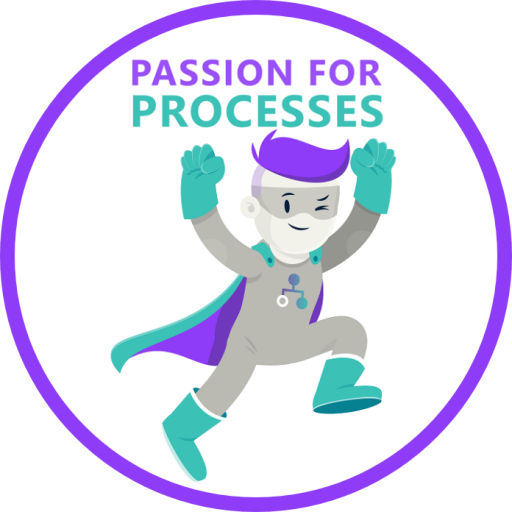
What is now my best practise approach to implement the rule discovery process in an organisation? In this post I give a short introduction. Depending on the rule sources I define a rule discovery roadmap. Rule sources are classical persons (domain experts), documents and program source code.
Business rules will be found with interviewing the domain experts starting with the business process definitions, because processes and rules are strongly related. This relation will be found in process activities. For those activities I check, is a decision made and how does the decision influence the next process steps. The rule itself is inside the activity (automated in program code or is done manually) so I ask “how is the decision being made”. Several sessions are needed to discover all rules for the defined scope.
As a result I get a first draft of a business vocabulary (definitions of terms) and a rule description in a business friendly language/representation. The key point here is, that the business expert not only understand the definition of vocabulary and the rule itself, he need a deep understanding of the methodology how the discovery works to move forward capturing rules and maintaining rules by his own in a later step. At this point I suggest to design a process model to see which steps are done and who is responsible for each step.
In the next step of the discovery process I name the rules and group them to different categories. Part of this step is the definition of name conventions. As a result I get a rule architecture blueprint. This blueprint is important, because I use this during the business rules modeling phase as a roadmap for complete the rule set.
In the last step I assign the rules to the business responsible person. The result is documented in a rule stewardship program, part of the rule governance activities. If the discovery process with the activities mentioned is gone through, the following questions can be answered consistently and applicable to each time:
- Which processes are affected from a change in legislation or policy?
- Who must be informed when a policy is changed?
- Who is responsible for a specific rule?
- How many rules do I manage and how many are automated?
- Where are the rules documented?
- How my business vocabulary does looks like?
A few chapters before I talked about interviewing the business experts to extract the business knowledge. This interviewing is in large organisations and/or in a complex business context (for example financial or healthcare industries). Often you find processes and responsibilities that are split across multiple functions or individuals. In that case a simple interview form is not the way to archive the goal of organisation wide consensus for the discovered rules. What helps in such situations is an approach called Facilitated Session.
What exactly is a facilitated session in the rule discovery scope and what are the major steps in planning and conducting such sessions? You can read it in my next Business Rule Management post.
To be continued...
Read More about Business Rules:
www.aris.com/rules










